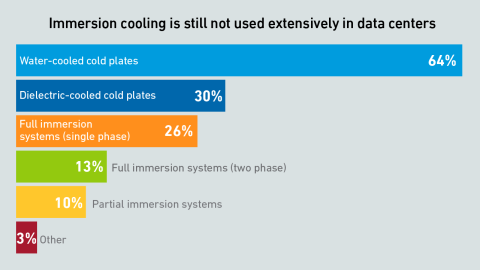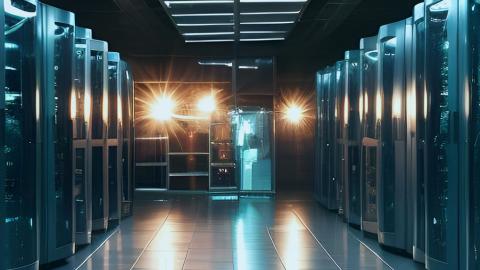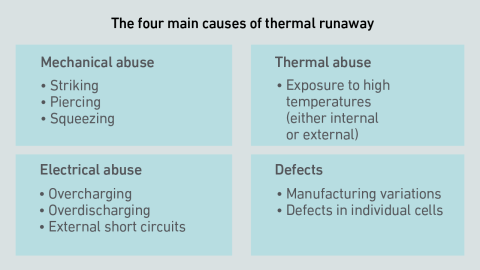There are no commonly accepted best practices or standards to refer to when assessing the fire hazard that single-phase immersion fluids pose in a data center application and the appropriate measures against them.
filters
Explore All Topics
Li-ion batteries have many benefits but may have been adopted without sufficient risk analysis. Following serious data center fires, operators should be aware of the risk of damage, potential regulations and the costs of safety mitigation.
While the fire risk with lithium-ion batteries is widely understood, guidance on how best to mitigate it is still evolving. Controlling a Li-ion fire is difficult because of chemistry that creates the risk of thermal runaway.
Avoiding downtime remains a top priority for managers of critical digital infrastructure. As the demands placed on IT change, so do the types, frequency and impacts of outages. This report draws lessons from recent outage data.
This advisory report aims to help operators of critical infrastructure facilities prepare for the impact of COVID-19. The steps discussed will also help operators develop strategies and procedures for future pandemics.
An Uptime Institute Network member and a battery vendor wanted to know: Can you have lithium-ion (Li-ion) batteries in a Tier IV-Certified data center? The member noted Li-ion fires are very difficult to extinguish, citing the FM Global…
While only 18% of Uptime Institute Data Center survey respondents rely solely on a water-based system, Uptime Institute believes that a nitrogen-charged, dry-pipe or preaction, water-based solution is the most appropriate fire suppression system in…
 Daniel Bizo
Daniel Bizo
 Rosa Lawrence
Rosa Lawrence

 Peter Judge
Peter Judge


 Andy Lawrence
Andy Lawrence
 Douglas Donnellan
Douglas Donnellan
 Lenny Simon
Lenny Simon

 Intelligence Team
Intelligence Team


